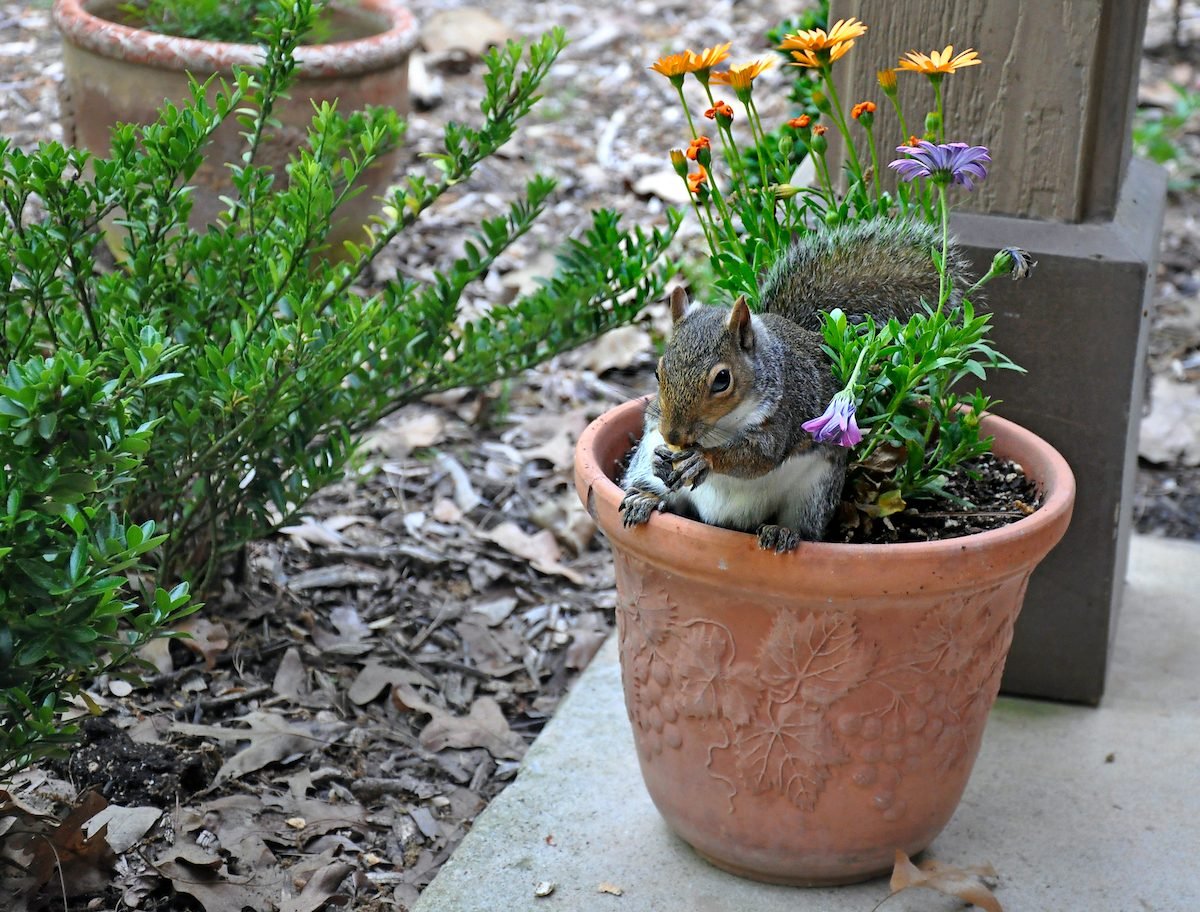Introduction
Squirrels digging in your garden can be a frustrating issue for any gardener. These clever creatures often dig holes in flower beds, vegetable patches, and lawns, disrupting your hard work and potentially damaging plants. Understanding why squirrels dig and how to deter them effectively is key to maintaining a beautiful, undisturbed garden. This article explores practical, research-backed methods to stop squirrels from digging, ensuring your garden stays healthy and intact.
Why Do Squirrels Dig in Gardens?
Squirrels dig primarily to bury or retrieve food, such as nuts and seeds. They also dig to create nests or search for insects. Their natural foraging behavior can lead to holes in your garden beds, which may harm delicate plants and disturb soil structure.
Key reasons for digging:
– Food storage and retrieval: Squirrels bury food to save for later.
– Nest building: Digging helps create nesting spots.
– Searching for insects: Some squirrels dig for insects as supplementary food.
Recognizing these behaviors helps in selecting targeted control methods.
How to Stop Squirrels Digging: Practical Deterrent Methods
1. Physical Barriers
Installing physical barriers is one of the most effective ways to prevent squirrels from digging.
- Garden netting or wire mesh: Lay fine mesh over soil beds to block digging access.
- Plant cages: Protect young plants with wire cages.
- Fence off vulnerable areas: Use hardware cloth buried 6-12 inches underground to prevent burrowing.
These barriers create a strong visual and physical deterrent without harming the squirrels.
2. Use Natural Repellents
Certain smells and substances repel squirrels due to their sensitive noses.
- Cayenne pepper or chili powder: Sprinkle around garden beds; the irritation discourages digging.
- Garlic or onion sprays: Create homemade sprays to keep squirrels at bay.
- Commercial squirrel repellents: Products containing predator urine or natural oils can effectively deter squirrels.
Apply these repellents regularly, especially after rain, for best results.
3. Modify Your Garden Environment
Making your garden less attractive to squirrels reduces their urge to dig.
- Remove fallen nuts and seeds: Clear any food sources from the ground.
- Avoid planting squirrel-attractive plants: Limit nut-bearing trees or plants.
- Provide alternative food sources: Placing squirrel feeders away from your garden can redirect their attention.
These steps reduce the motivation for squirrels to forage in your garden soil.
Advanced Strategies: Combining Techniques for Maximum Effect
Experts recommend combining several methods for long-term success.
- Regular garden maintenance: Keep the area clean and monitor for new holes.
- Motion-activated sprinklers: These devices startle squirrels, discouraging digging.
- Ultrasonic deterrents: Emit sounds unpleasant to squirrels but inaudible to humans.
Using multiple strategies addresses various squirrel behaviors and improves effectiveness.
Expert Insights and Case Study
According to wildlife expert Dr. Emily Harper, “Understanding squirrel behavior is crucial. Physical barriers paired with environmental management provide the best results.” In a 2022 garden study, combining mesh barriers with cayenne pepper application reduced squirrel digging incidents by 85% over three months.
Conclusion
Stopping squirrels from digging in your garden requires a multifaceted approach. By understanding why squirrels dig and applying a combination of physical barriers, natural repellents, and garden modifications, you can protect your plants and maintain a healthy garden environment. Regular monitoring and adapting strategies based on squirrel activity will ensure long-term success. Take proactive steps today, and enjoy a garden free from unwanted digging disruptions.
